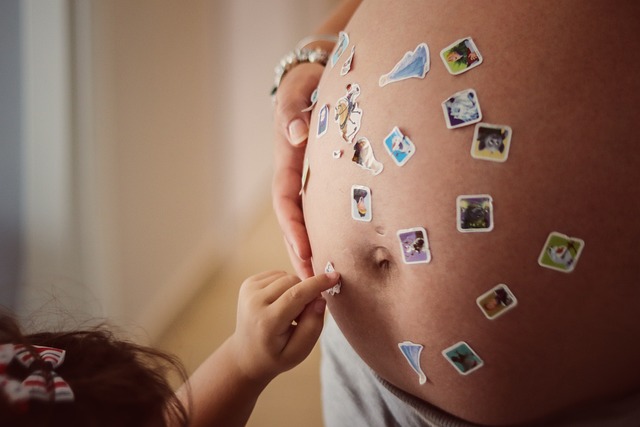Hey there! We know diving into the world of egg donation can feel a bit overwhelming, so let’s tackle a common question.
Q: If I choose to use an egg donor, how many embryo transfers might I expect?
A: Great question! The answer isn’t as simple as you might think. At our facility, we keep thorough records of all our procedures and their outcomes, but the results can vary quite a bit. For starters, the number of eggs a donor produces can fluctuate significantly. In one cycle, a donor might yield just a few eggs, while another could produce over 50! On average, recipients received about 23 eggs in a recent year, but remember, it only takes one healthy embryo to achieve a pregnancy.
After the eggs are retrieved, the fertilization rates tend to be more consistent, especially since many donors are in their 20s. Typically, between 65% and 76% of the retrieved eggs successfully fertilize, depending on the method used—whether it’s traditional IVF or ICSI. When it comes to the implantation stage, we usually transfer around 2.3 embryos and freeze an average of 7.8 from a single donor cycle. Interestingly, about 80% of egg donors have at least some embryos left to freeze after the initial transfer. And if you’re wondering about those frozen embryos, last year we saw a 77% success rate for thawing them!
So, while averages give us a general idea, each journey is unique. For even more insights, check out this post on why pregnant women should steer clear of deli meats and cheeses according to a CDC specialist. And if you want to boost your fertility knowledge, take a look at this guide on fertility supplements. It’s a great resource!
In summary, the journey with egg donors can vary widely, but there are often many options available for embryo transfers, thanks to the potential number of eggs and embryos produced.

